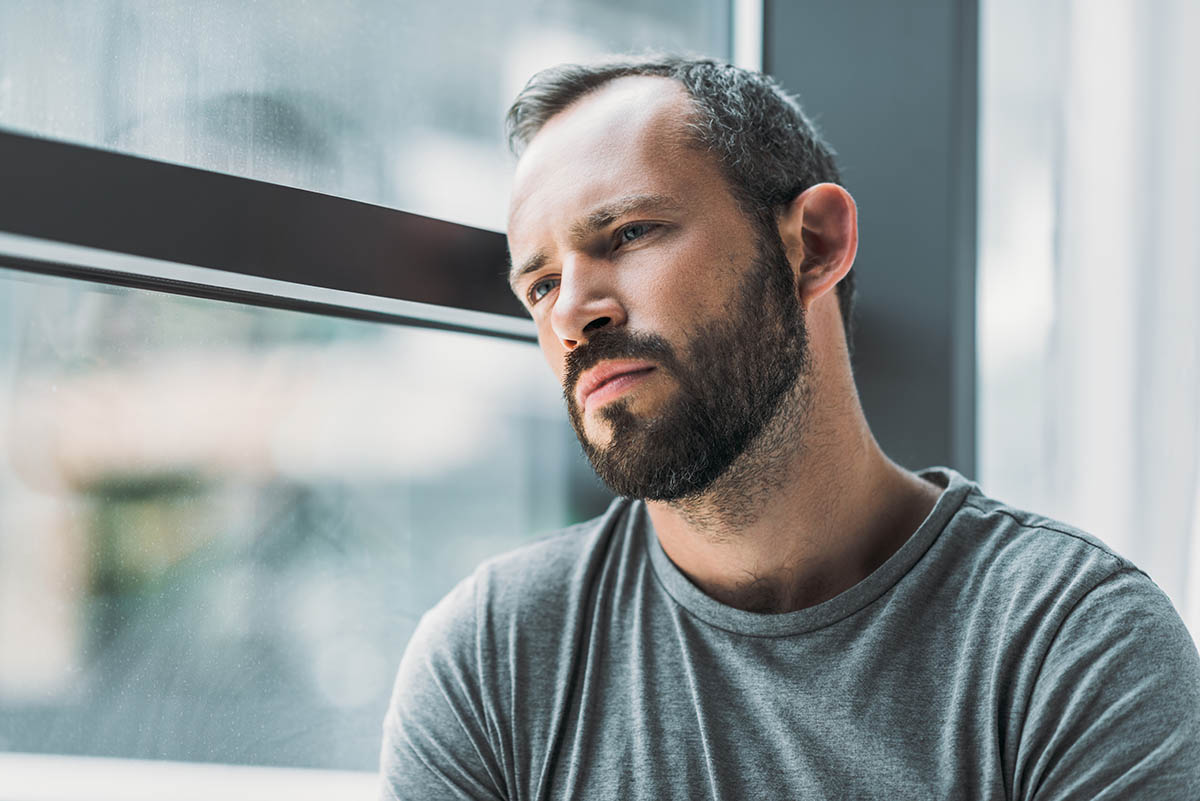

By: Lakeview Health
There are plenty of different stories every day about the dangers of opiates and opioids and how devastating these can be. However, when comparing opiate vs opioid drugs, it’s important to note that there is a distinct difference. Both opiate and opioid addictions can be very similar so no matter what, it’s best to seek treatment at an opiate addiction treatment center in Jacksonville FL or an opioid addiction treatment center.
Opiate vs Opioid Meaning
An opiate comes from an opium poppy and it’s natural. The poppy plant creates opiates. Opiates are natural because nature creates the active ingredient. Some common opiates are codeine and morphine, which both come from the poppy plant.
An opioid is a substance that is either partly synthetic or completely synthetic. This means the active ingredients are chemicals. Opioids can act just like opiates in the human body, due to the similar molecules. Common opioids include hydrocodone, fentanyl, and Oxycontin.
History of Opiate and Opioid Drugs
Terms for drugs change as the drugs also evolve. The term opiate was first used to refer to drugs derived from opium. When individuals begin to create substances that then resembled these opiates, these substances were then called opioids. Today, the term opioid has expanded to include a much broader range of drugs, including opiates themselves.
Is Heroin an Opiate or Opioid?
Heroin is one of the most popular opiates and is often confused as to whether it’s an opioid vs opiate. If the heroin is genuine, it is still considered an opioid. Heroin is a synthetic drug that does have molecules from the opium plant in the synthetic process.
Prescription Drugs and Illicit Drug Abuse Rising
Schedule 1 drugs, such as heroin, are usually considered the most addictive and dangerous, but there is also a case against Schedule II opiates that has been building. Due to these alarming statistics, the medical community is rethinking treatment tactics and doctors are taking steps to encourage non-opioid treatment.
There is a connection between illicit and prescription opiates. A 2008 study showed that individuals who were dependent on heroin were also 3.9 times more likely to report the misuse of any prescription opioids in the previous year. Others find their way to opioids through other illicit drugs, such as cocaine. No matter how one starts using opiates, the risk is the same and it can ultimately lead to addiction.
Side Effects of Opioid and Opiate Abuse
The common side effects of opiate and opioid addictions are very similar. If you are concerned about a loved one, there are some noticeable side effects to pay attention to. Some of these side effects include:
- Numbness
- Shallow breathing
- Itching
- Nausea
- Rashes
- Constipation
- Slurred speech
- Confusion
- Poor judgment
- Issues with concentration
- Memory problems
- Anxiety
If someone uses opiates for too long, there could be severe and irreversible damage. Prolonged use can cause heart inflammation, which can lead to an increased risk of stroke or heart attack. Those who use illicit opiates may find there is a greater risk of contracting an infection, such as HIV or AIDS, since they inject these drugs. Needles are often shared among drug users. Drugs can lead to hormone imbalances, and long-term use can cause mood disorders. The most dangerous consequence is the risk of a fatal overdose.
The Common Withdrawal Symptoms of Opiates and Opioids
Since opiates and opioids have such strong addictive properties, a professional treatment center is always the best bet. The first step is a medically monitored detox program as many withdrawal symptoms can begin as soon as treatment starts. Withdrawal symptoms of both opiates and opioids include:
- Joint and muscle pain
- Sweating
- Tearing
- Rapid breathing
- Abdominal cramps
- Vomiting
- Tremors
- Loss of appetite
- Irritability
- Confusion
- Intolerable cravings
There is no official standard of treatment for opiate or opioid addictions. At Lakeview Health we provide customized treatment plans tailored to each patient. Contact [Direct] so we can help you get on the road to recovery.





